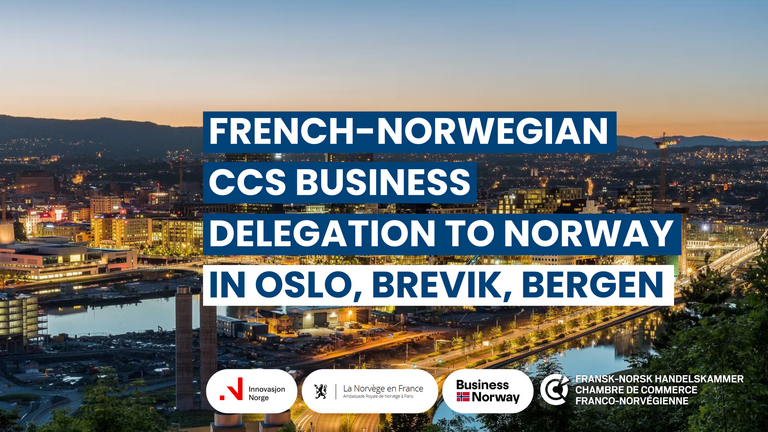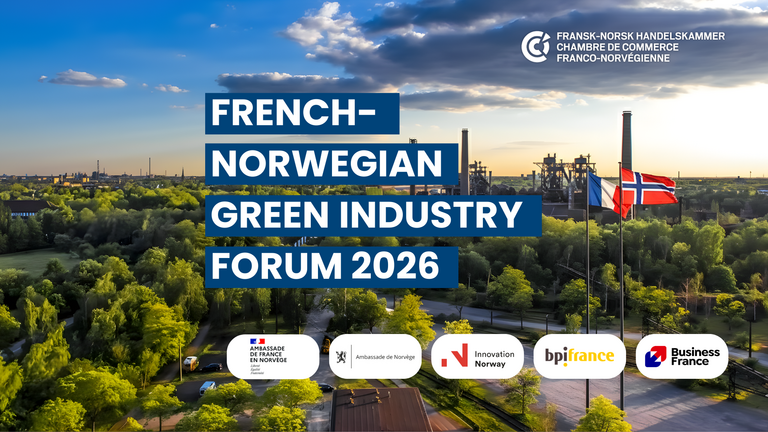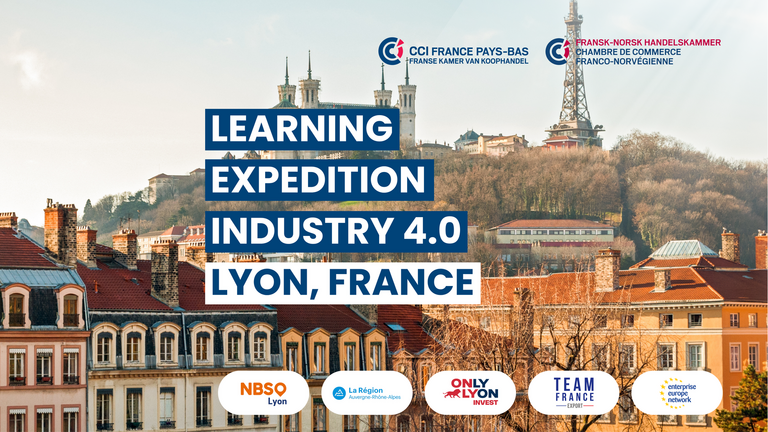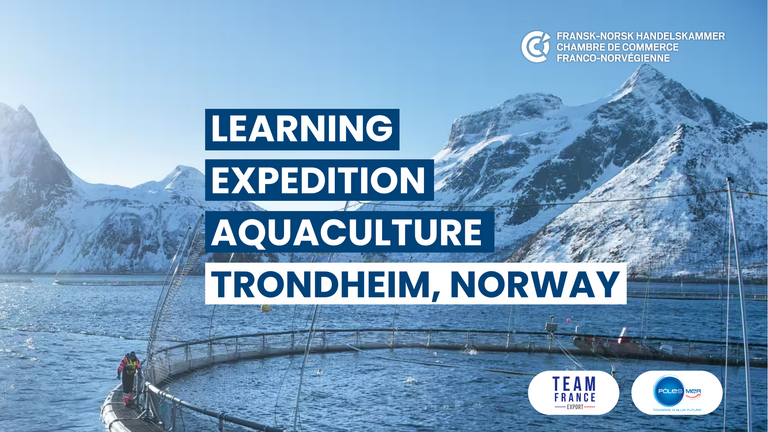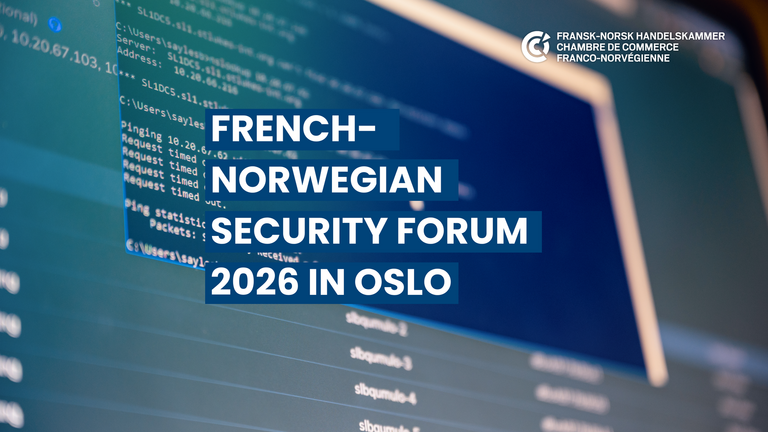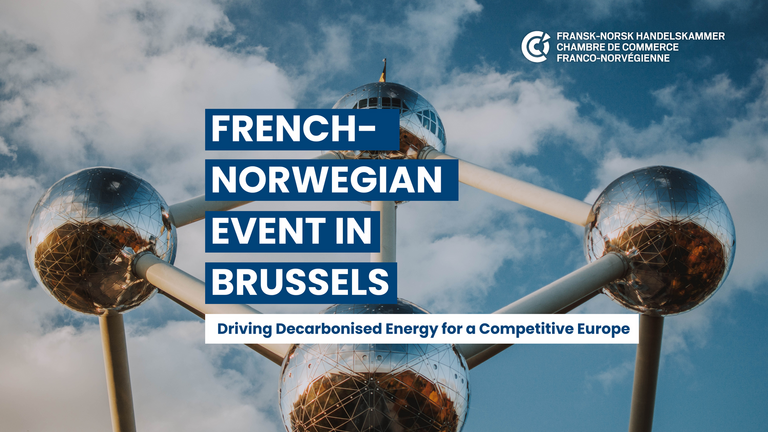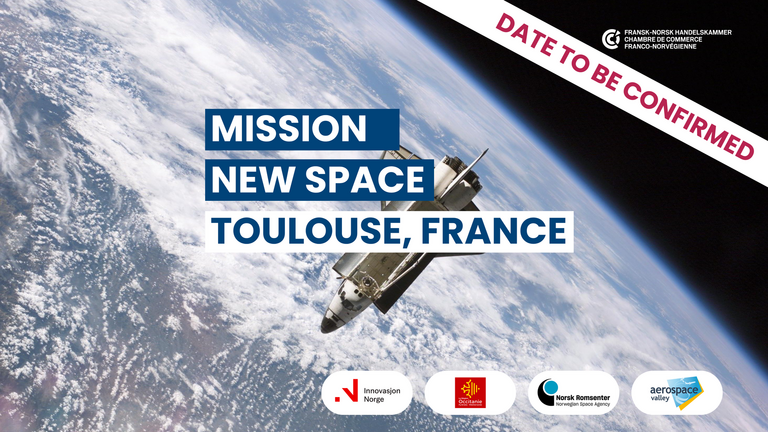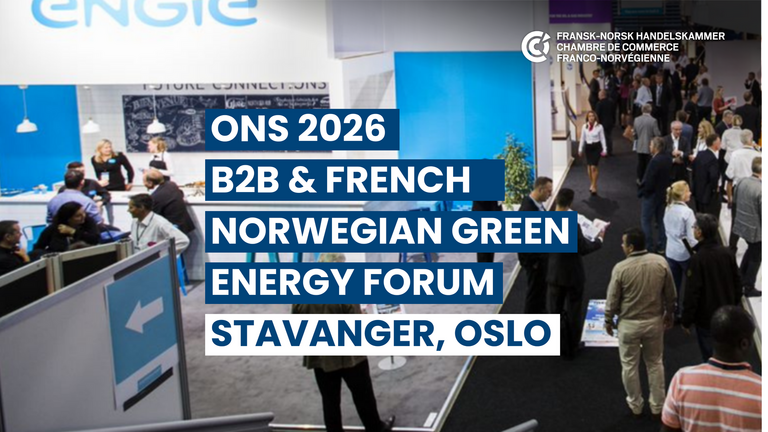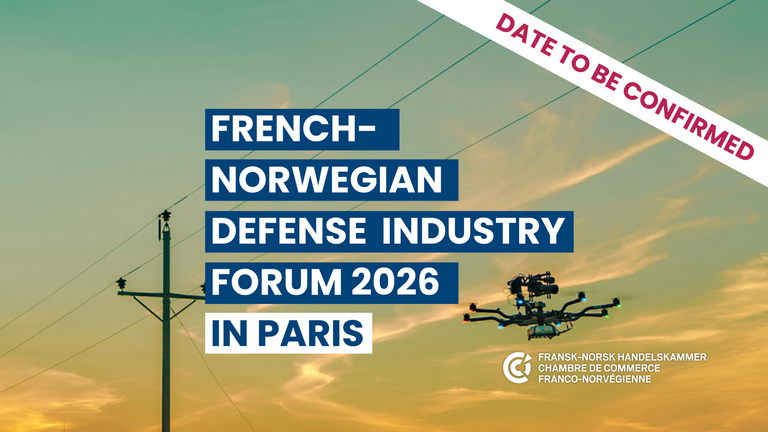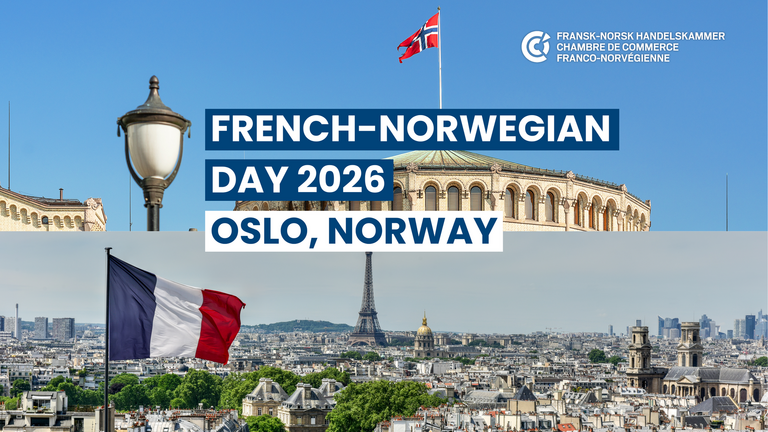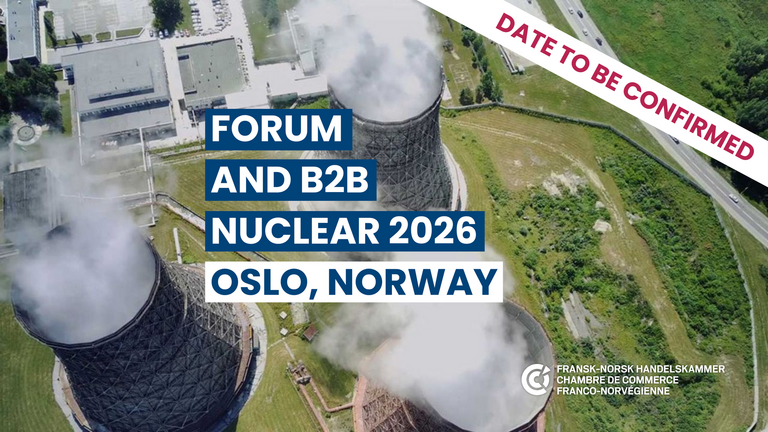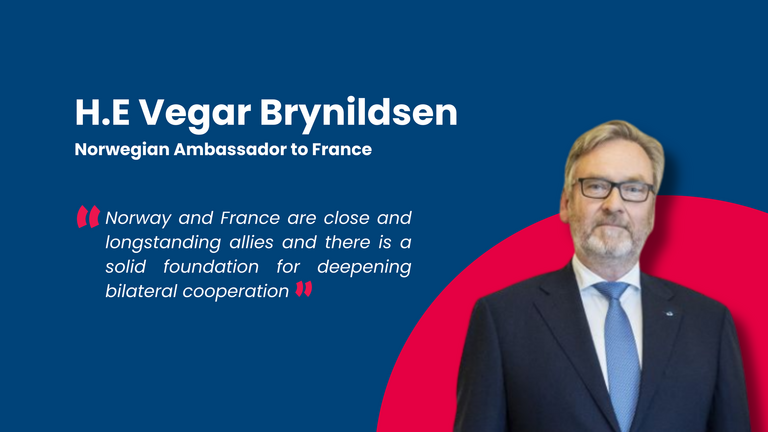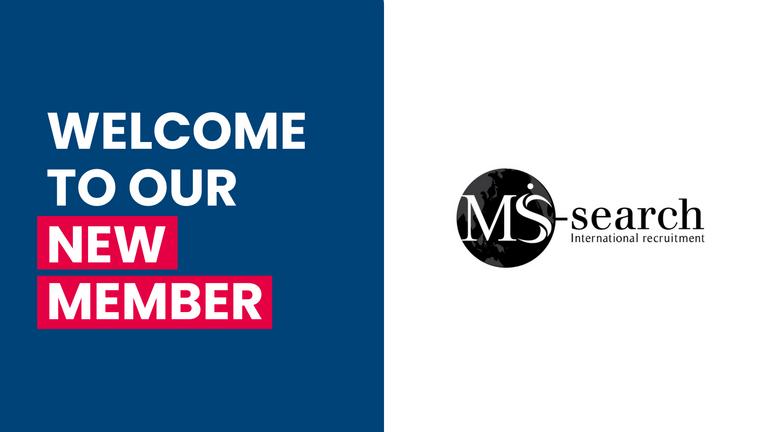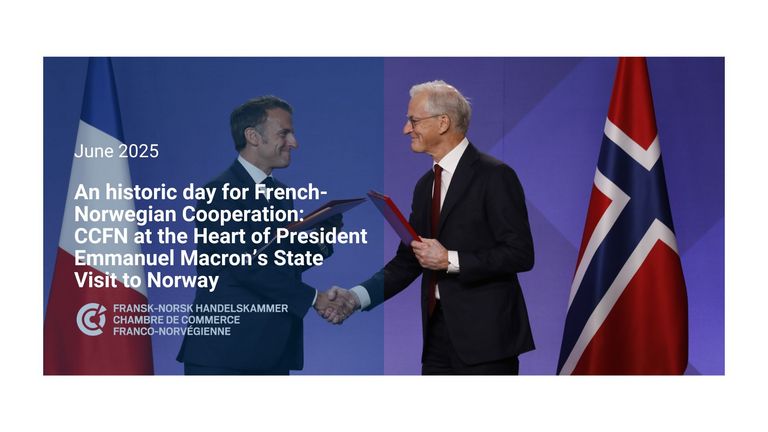Actus des entreprises
Alstom: To offer greater capacity, comfort and mobility to passengers
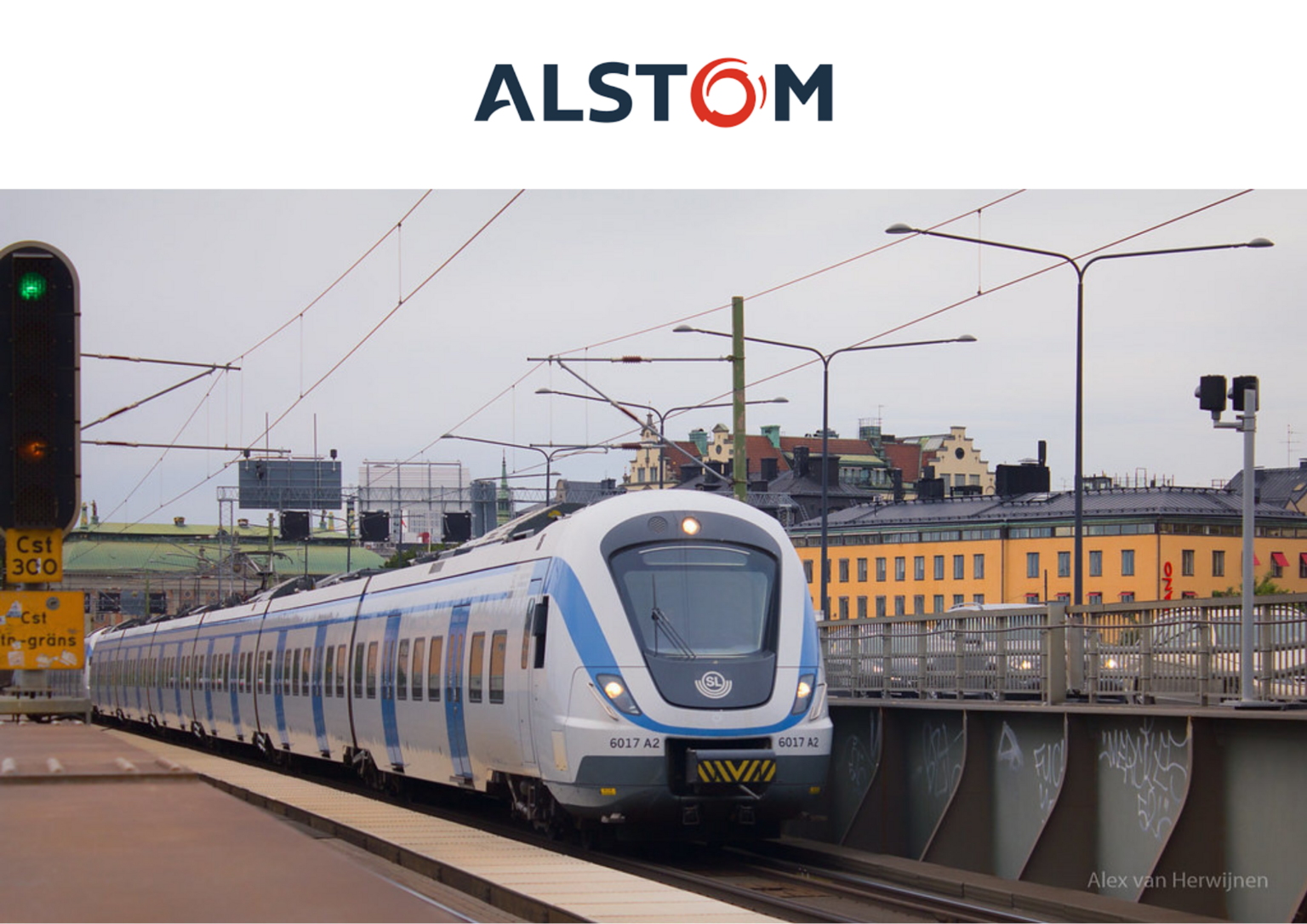
Didier Lapalus, Customer Director Norway at Alstom, presents the contract won by Alstom and the differences in the French & Norwegian tenders culture.
Alstom has just won a historic contract in Norway, could you tell us more about this contract?
This is a framework contract for the supply of up to 200 suburban trains. Valued at more than €1.8 billion, this contract is the largest rail contract in Norwegian history. The first firm order for 30 trains is worth €380 million. Alstom relied on an existing product, the 'Coradia Nordic', which has already sold several hundred units in Sweden, in order to benefit from a train already adapted to the Nordic climate. The contract signed in January 2022 will see the first trains delivered in 2025. This contract is part of a policy to rationalize the Norwegian passenger train fleet, which aims to reduce the number of train types, as well as to offer greater capacity, comfort and mobility to passengers.
What major differences do you see between the French and Norwegian tenders?
The process itself is the same. However, if the French clients are technically very competent, they can go far beyond a functional specification of needs. In Norway, the customers are not highly engineered and consider the suppliers to be the experts in their field. While the selection criteria do include a technical score, it is the demonstration of expertise and know-how to produce the product that is most important. Similarly, when it comes to demonstrating the ability to deliver on time and in quality, it is the demonstration by example that has the most impact. More concrete cases well explained and less theory on the merits of the approach. Moreover, customers are looking for experts they can rely on over the life of a train (about 50 years) since they have relatively few resources of their own. It is therefore important to consider the customer as a long-term partner and not as the object of an isolated transaction. In the same vein, for a technical product such as a train, one must also take care to avoid an engineer's discourse, which tends to explain the complexity of the problem it solves, but instead to insist on the ease of use of the product offered.
What advice would you give to a French company wishing to set up in Norway?
My experience reflects only one type of company, that of a company that responds to public tenders. So I cannot speak of a general public market. On the other hand, it seems to me that understanding the Norwegian way of thinking is important. Without wanting to fall into stereotypes, it is necessary to know how to identify the cultural differences which are sometimes subtle. Some examples: a Norwegian will tend to trust a priori. There is no need to acquire trust. Conversely, an attitude that is too shy or initially distant is not necessarily advisable. If you are granted an appointment (even in video) it is because you consider that the time is worthwhile. This is already a sign of interest. Norwegians are proud to live in an egalitarian society, so organizations are much flatter. Be careful not to communicate, by posture or verbally, in a way that could be interpreted as arrogant. Whether it's a CEO, an engineer or a financial controller, speak as an equal. Another quality to watch for is punctuality. Meetings start on time, end on time and stick to the agenda. This is not the only country in the world with this trait, but it is a point to keep in mind. These cultural differences are minor, but being aware of them allows you to adapt your message. As for finding the right contacts, there is a privileged channel to exploit, that of the French-Norwegian Chamber of Commerce, representative of the Team France Export, which assists French companies in Norway.
